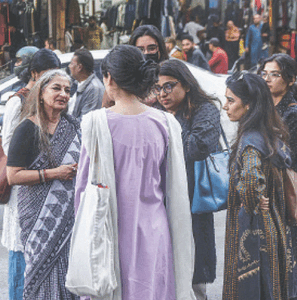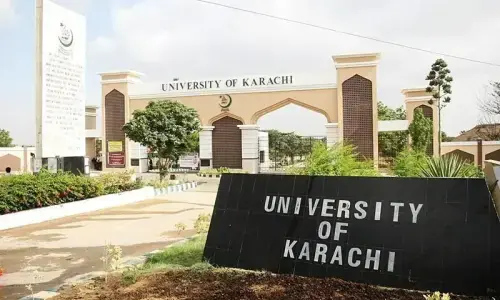
KARACHI: While recovering from multiple ailments at home, my heart goes out to the poor farmers when I hear a vegetable hawker shout in the street: “Tamatar 100 rupay ke paanch kilo” (buy tomatoes at five kilograms for Rs100.)
Similarly, potatoes and onions are available at the same rate: Rs20 a kilogram. Other vegetables are also very cheap these days: cauliflower is Rs50 a kilo, for instance. Good quality mutter (peas) are selling at Rs50 or Rs40 a kilo. Even carrots are selling three kilos at Rs100. A few off-season vegetables such as okra, bitter gourd are costlier than usual, of course.
Tomatoes regularly figured in opposition leaders’ speeches when they were selling at Rs300 and more a kilo in Karachi neighbourhoods just last year. Opposition leaders reminded the public: “Remember how cheap tomatoes were when the PML-N [or the PPP] was in power!” Though the general price hike is deplorable these days, seasonal vegetable prices do not reflect a government’s good or bad policies unless the situation is grossly mishandled by the relevant authorities.
As it was not being imported from India, Iran had begun to fill the gap. The Iranian variety was much more different from its Pakistani and Indian counterparts. I preferred the amazingly huge and round Iranian variety.
Those who know a little about growing vegetables will empathise with poor farmers
This raises the question that how much is the farmer, not the landlord, earning from what is selling at Rs20 a kilo in Karachi.
Those who know a little about growing vegetables — from ploughing to sowing and harvesting — will have the same feelings of empathy I have for the poor farmers.
The government can earn a good name if it can take care of vegetables — without being impacted by the season and festivals. This way it must protect the interests of both the public and the growers. As Ramazan is approaching fast, the same vegetables may soar out of the common man’s reach.
The street vendors are usually ‘Bengali’ boys. They sell vegetables for ‘thekedars’ for a commission. These youngsters are easy to exploit as they don’t have their national identity cards either because of being underage or for the government policies to keep them deprived of an identity.
Sohail, for instance, in his late teens, comes to Korangi Crossing from Noorani Basti, one of the several settlements of people of Bengali origin, in Korangi. Here the local contractor loads a cart with a variety of vegetables and sends him off to hawk in the neighbourhood lanes. When the load is done with, he comes back to the man to pay him the earned money and seek his commission. He wishes to have a computerised national identity card (CNIC) to be able to work more and earn more. The authorities must address these issues too.
Published in Dawn, April 6th, 2021

































